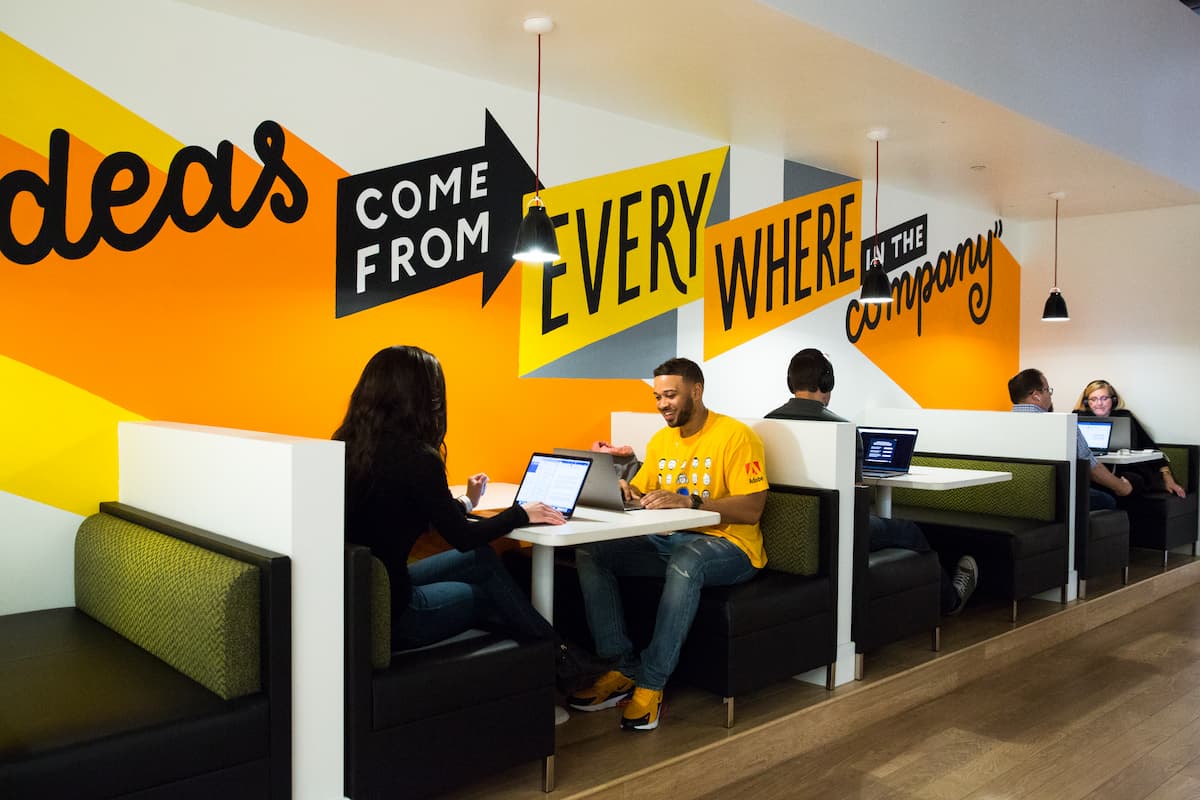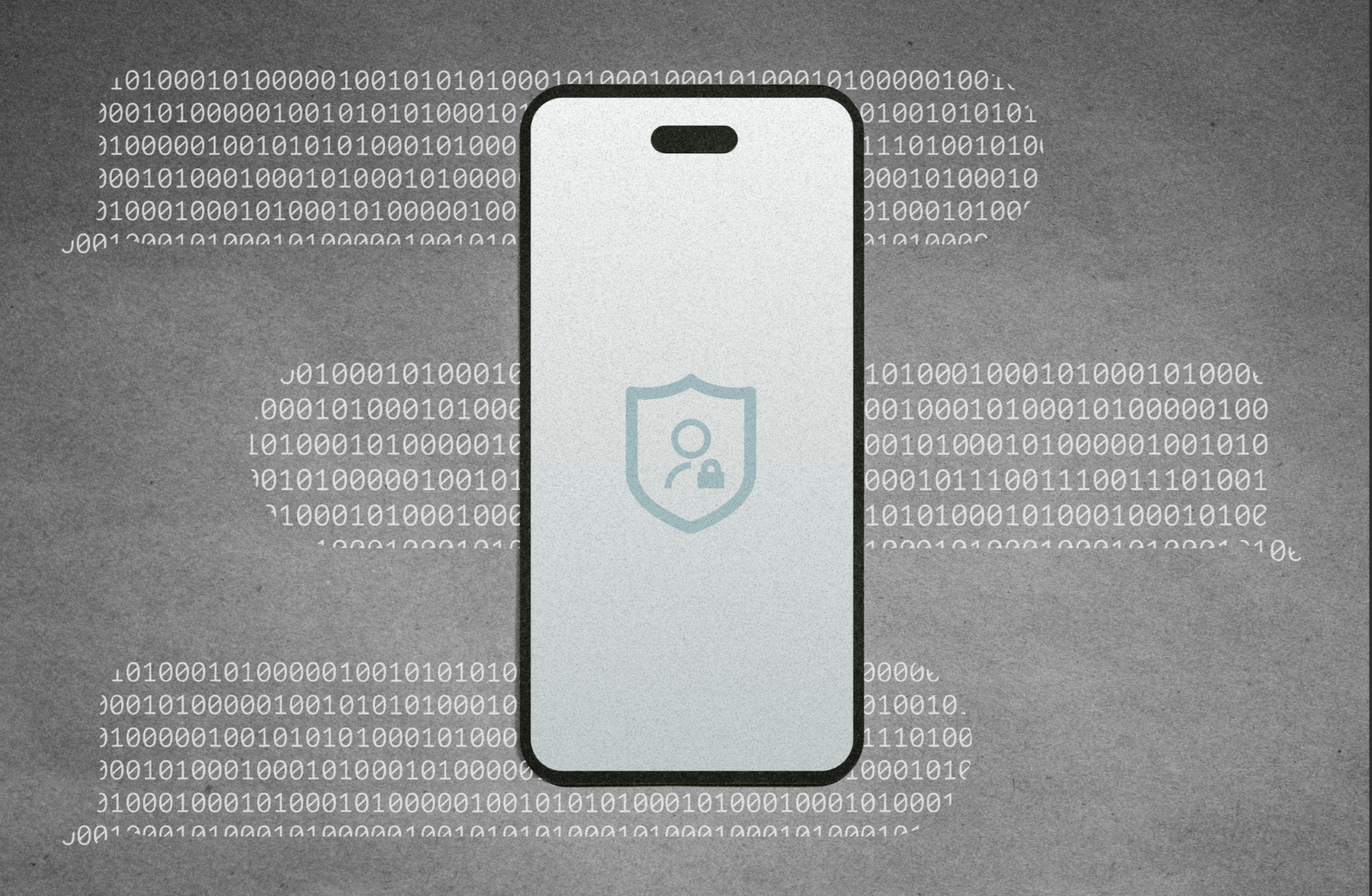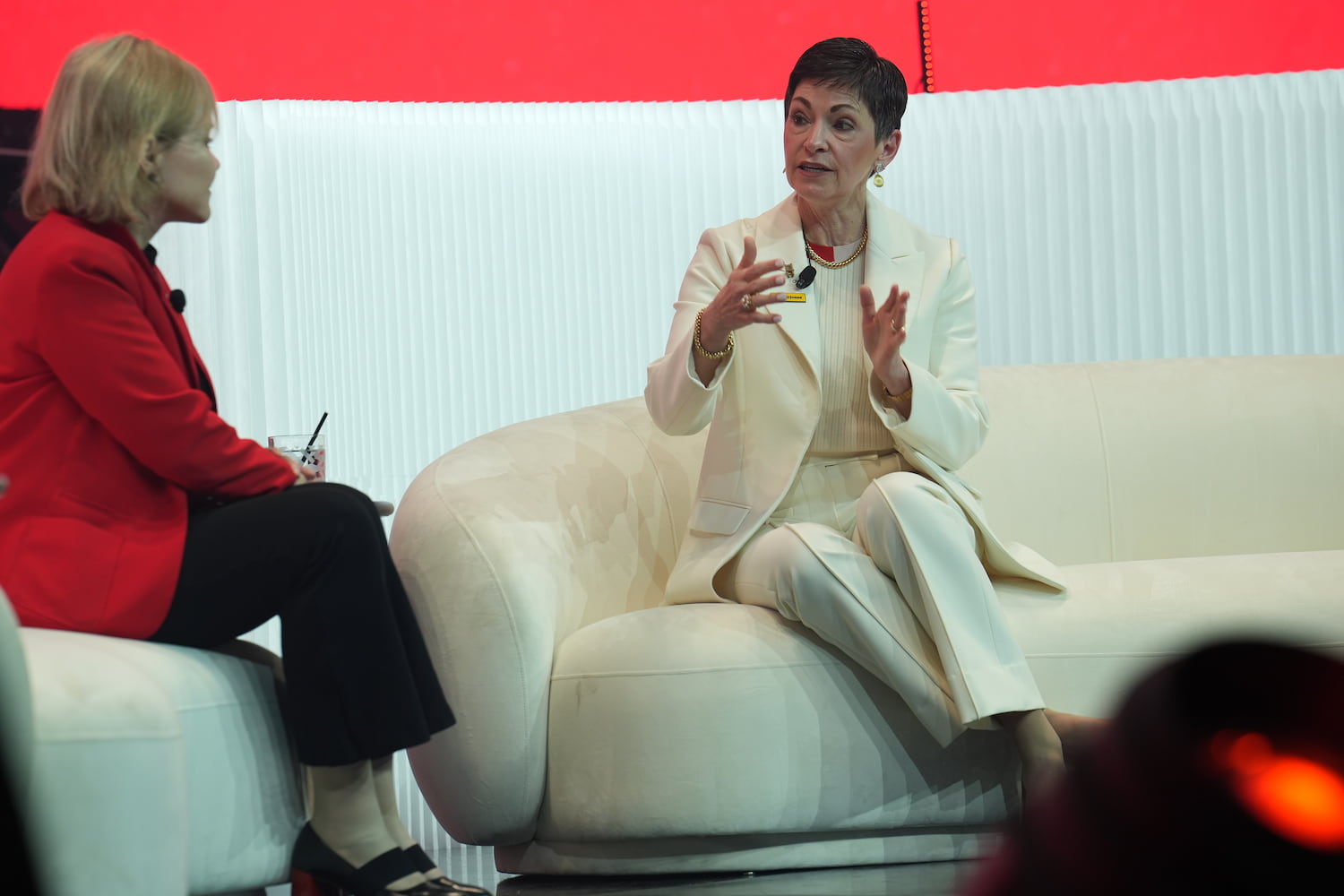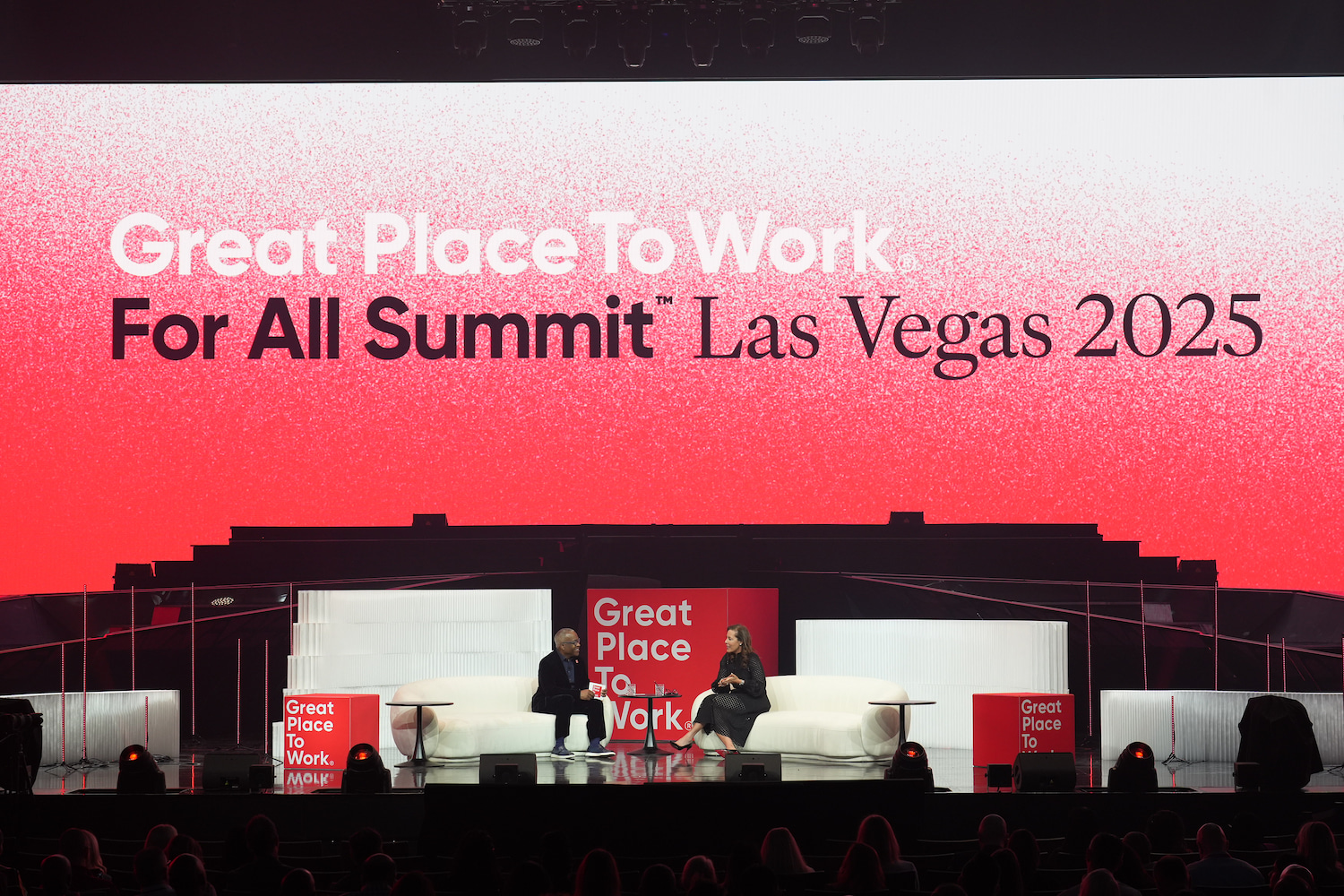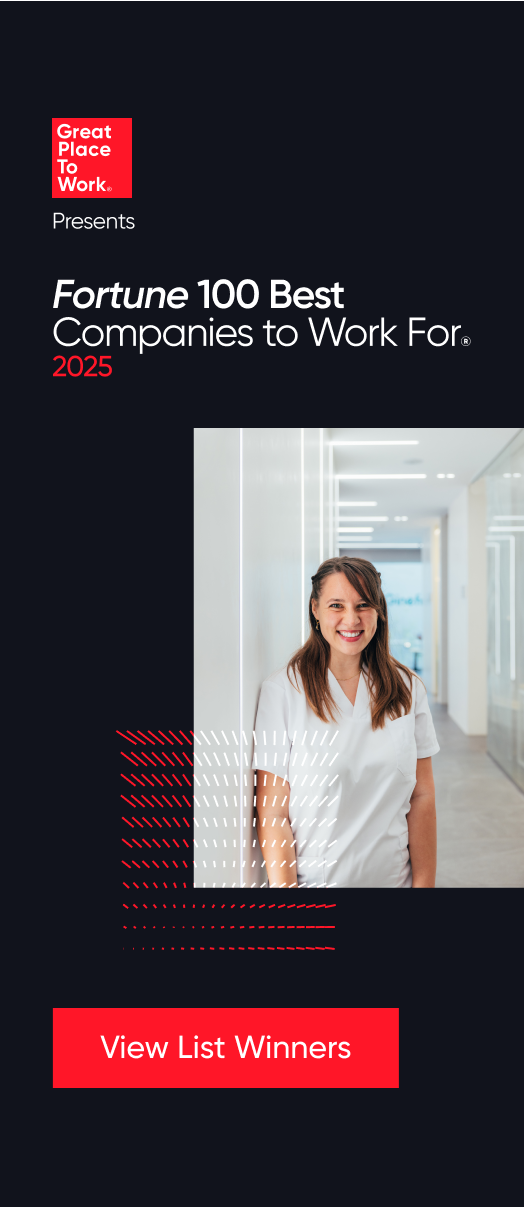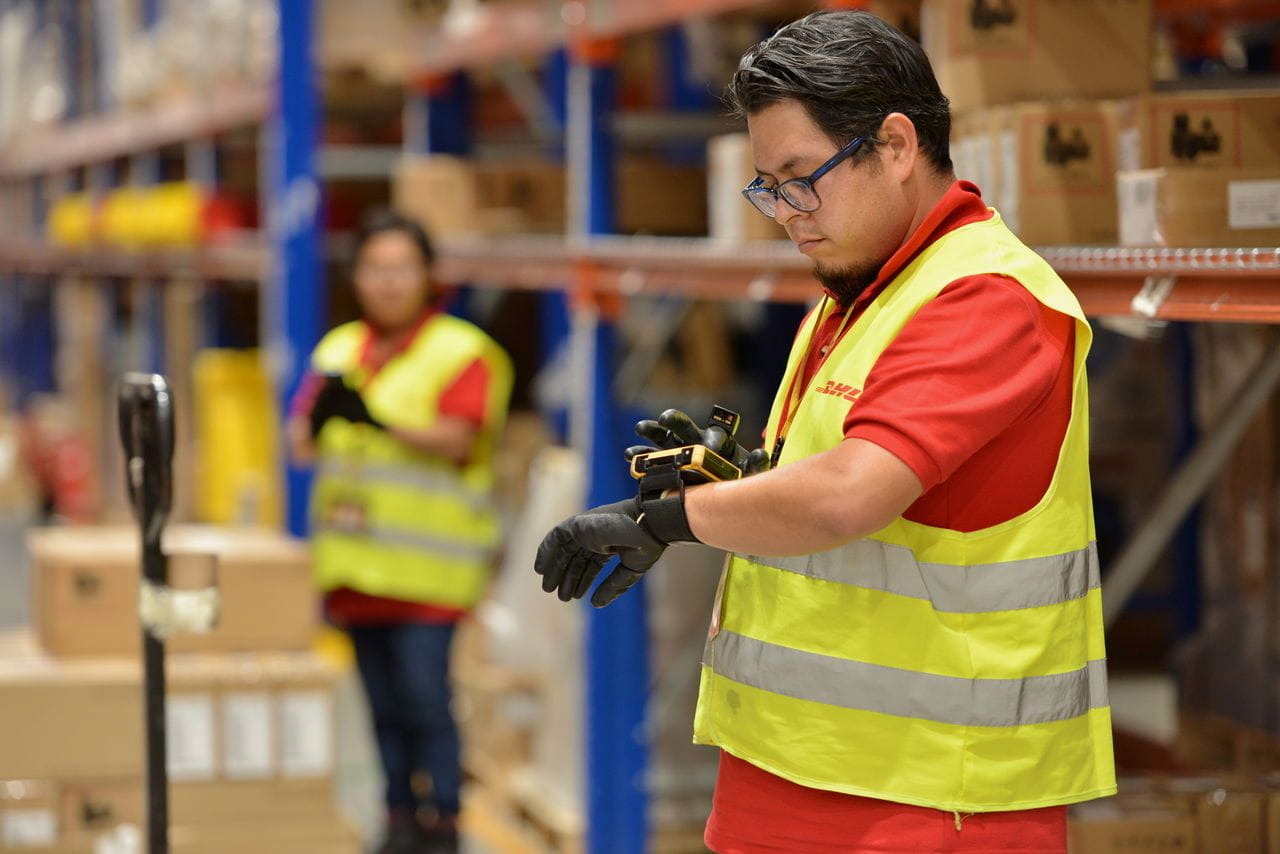AI (Artificial Intelligence), Best Workplaces, Millennials in the Workplace
We can all guess what’s keeping executives up at night.
Nearly every executive believes it’s “urgent” to integrate artificial intelligence (AI) in their business, so much so that it’s the biggest issue on their minds today, surpassing the economy and inflation.
But urgency doesn’t equal adoption. Many workers are concerned with AI’s ethical use, potential job displacement, and trustworthiness.
Interestingly, Gen Z (49%) and millennials (43%) are more excited to use AI tools to enhance their work and organization than Baby Boomers and Gen X combined (26%), according to a recent Great Place To Work® market study of 1,544 employees. And in a global market study over over 43,000 emplolyees, Great Place To Work found one in two Gen Z employees in the U.S. report their companies are currently investing in their abilities to use AI – compared with just one out of every five employees who are 45 years or older.
Although half of Gen Z is optimistic, the other half remains skeptical, raising questions about AI’s impact. Deloitte Global’s latest Gen Z and millennial survey found that 24% of Gen Z and 26% of millennials regularly use generative AI at work, with uncertainty as their top emotion, and excitement close behind.
It’s hard to feel excited when you’re worried about how AI will be used, even for optimistic young workers. They need to trust both the technology and their leaders before embracing AI’s potential. That won’t magically happen because leaders want it to. Having AI tools doesn’t automatically mean everyone’s on board.
“This is not a case of, ‘If you build it, they will come,’” says Michael C. Bush, CEO of Great Place To Work. “It’s the other way around. People will adopt AI tools if they trust their leaders. Build trust, and they will come.”
Without trust, adoption rates will remain low and skepticism high, putting many companies at a distinct disadvantage while companies with high-trust cultures soar, like the Fortune Best Workplaces for Millennials™ in 2024.
Employees at this year’s winning companies outperformed their peers in agility, productivity, and innovation — business metrics essential to AI success. Notably, innovation levels are a staggering 97% higher than at typical organizations.
“These companies are thriving as a direct result not only of the trust young generations put in their leaders, but all generations,” Bush says. “When I’m asked which companies are going to succeed in AI, I know where to look. Under the hood. Below the surface to the foundation. Have leaders built a culture of trust for all? The answer is yes for every company on this list.”
Great Place To Work analysis pinpointed leadership behaviors that will help set up workplaces for AI success:
- Celebrate innovative ideas. Employees who feel their leaders celebrate people who try new and better ways of doing things are three times more likely to report workplace agility.
- Develop cooperative environments. Employees in cooperative workplaces are 53% more likely to report their workplaces are agile, and nearly seven times more likely to report high levels of discretionary effort.
- Foster meaningful work. Employees who see meaning in their work are not only 35% more likely to innovate in the last year, but also more than twice as likely to stay committed to their organization long-term. Meaningful work is the top driver of retention for all generations.
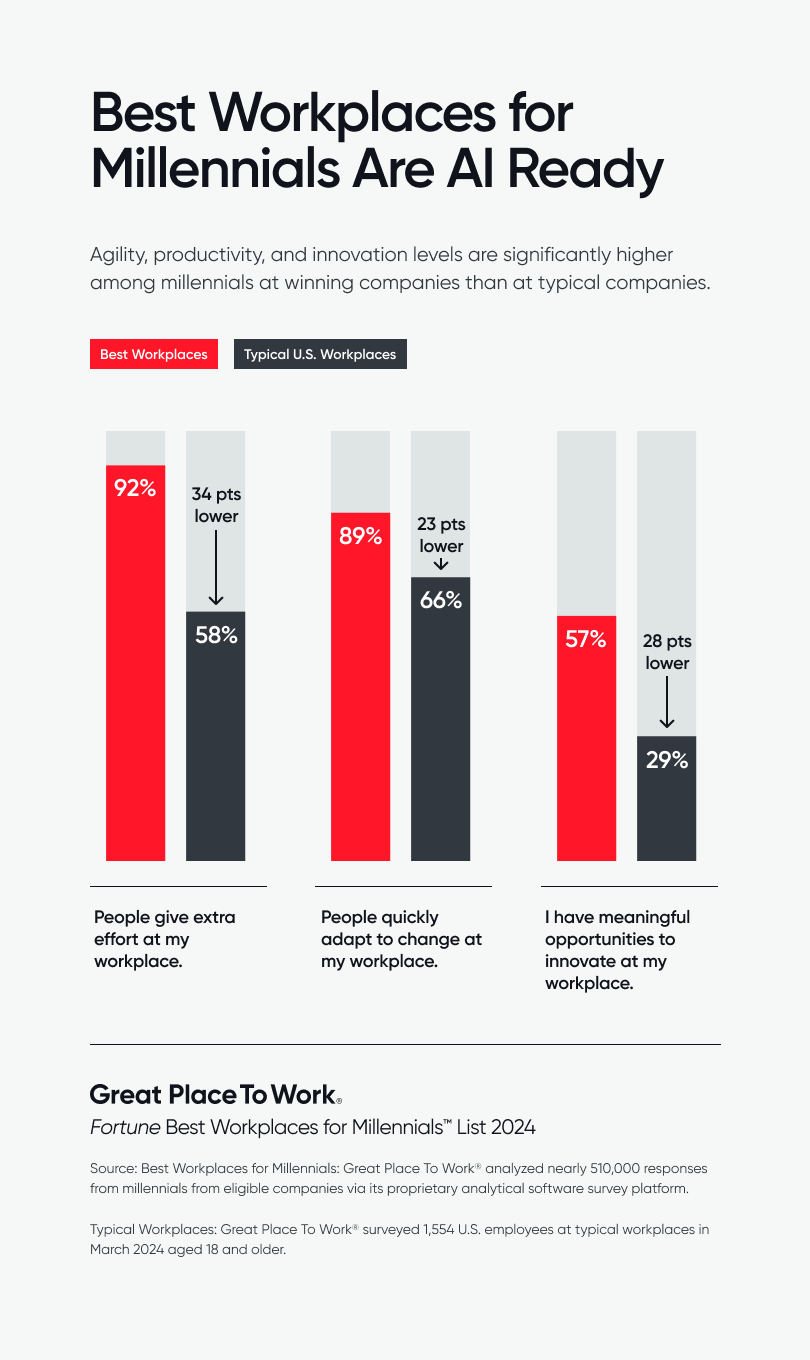
How the Best Workplaces are prepping for AI
Most workers today aren’t getting the AI training they need.
In contrast, leaders at the Best Workplaces for Millennials are including their workers in decisions and conversations around AI, upskilling them, and focusing on learning and development opportunities. At winning companies, 88% of millennials feel they’re offered professional training and development compared with 62% at typical companies. Here are some ways winning workplaces are involving employees:
1. Solicit employee input
- Adobe solicited input from employees around Firefly, its generative AI tool, prior to the beta launch. The company held a voluntary company meeting addressing the ethical considerations of gen AI, which attracted thousands of attendees.
2. Create AI learning modules
- PwC developed a live trivia game, “PowerUp,” that quizzes employees on firm strategy and content from its AI curriculum, with players earning prizes. More than 9,000 people have participated in each monthly game across the U.S. and Mexico since its launch.
- In early 2023, Intuit created GenStudio, a custom, internal-only development platform where employees could use gen AI through various large language models to experiment and refine their experience. The company trained employees on creating effective prompts so they’d get meaningful results. Since then, Intuit has expanded the set of gen AI tools employees can use to include many of the popular third-party tools currently available. Employees are trained on AI through workshops and on-demand training modules, and can share their use cases on Slack channels and other forums.
3. Offer AI-assisted learning and development
- Hilton has invested in “MentorcliQ,” an employee mentoring platform that uses an algorithm to help pair employees with mentors and mentees within the organization to promote development and networking opportunities.
- Employees at ServiceNow can take advantage of “frED,” a learning platform built on the ServiceNow platform, which uses AI to match and suggest courses from ServiceNow content and its education partner, Udemy. Employees can also map their career paths, with AI recommending courses and programs to develop technical and soft skills.
- Slalom has piloted an AI-infused meaningful work tool to help employees discover their passions and define meaningful work statements to match them with coworkers with similar aspirations as well as staffing opportunities.
How to make the list
Think your company deserves special recognition? Get started here to become eligible for next year’s Best Workplaces honors.



